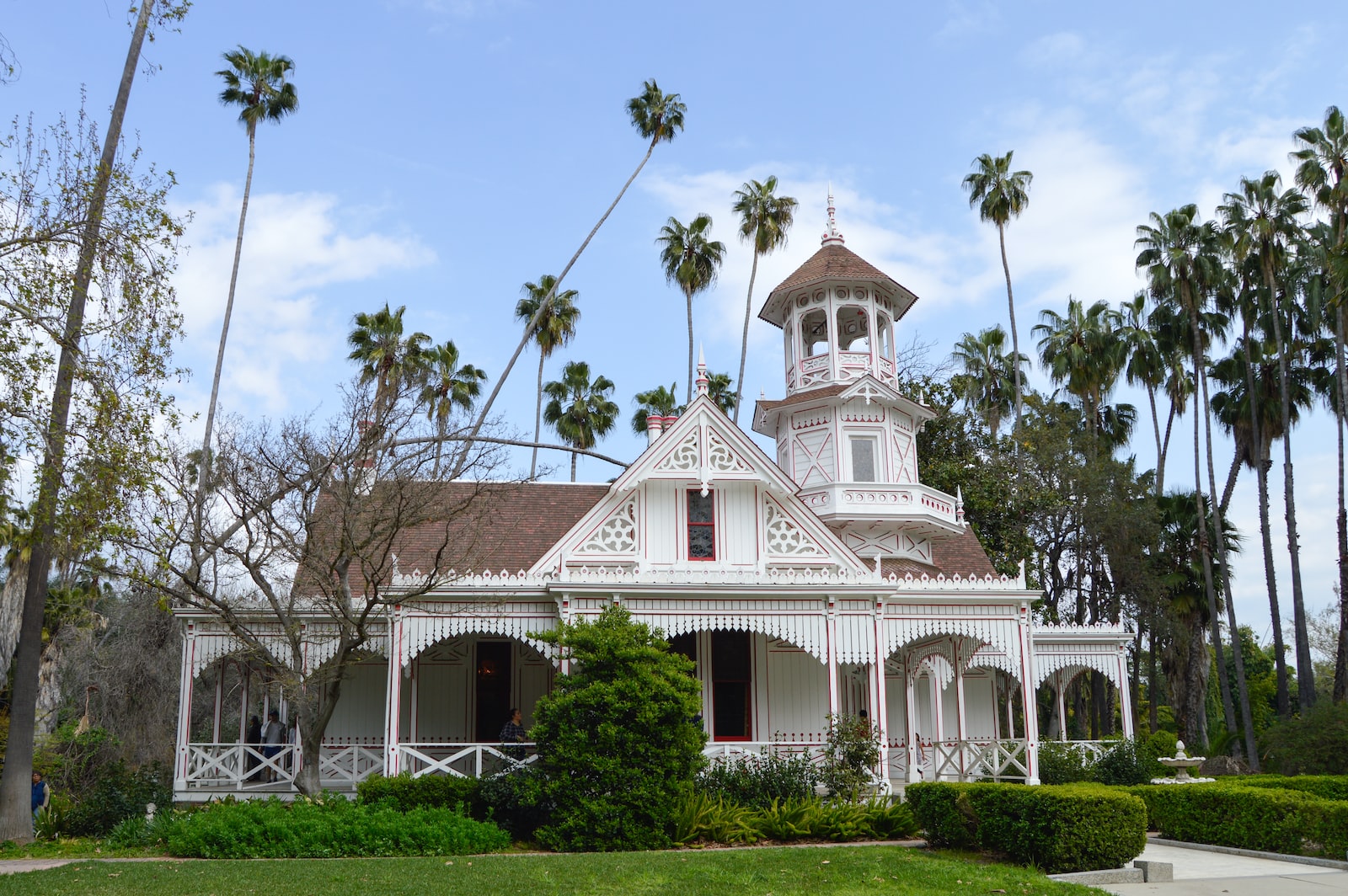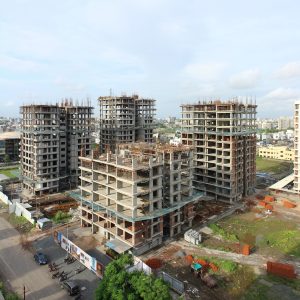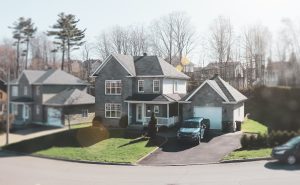China’s economic boom of the 21st century has created a new class of millionaires, but recent data shows that a significant portion of these wealthy individuals are leaving their home country for the United States. With over 400,000 Chinese immigrants entering the US in the last five years, including 25,000 millionaires, economists are investigating the reasons behind this migration and the impact it is having on the US economy.
China’s GDP has seen remarkable growth, reporting double-digit growth rates every year. However, this rapid expansion has resulted in significant instability, with the country’s debt exceeding 250% of its GDP. The Chinese government has inflated its GDP figures by increasing spending, which has created concerns about the sustainability of this economic growth. Furthermore, the service sector is losing momentum, and the manufacturing industry has experienced a steep decline, which is leading to many millionaires seeking to move their money overseas.
The crackdown on corruption by President Xi Jinping in 2013 has only added to these concerns. While the government’s intention was to reduce the gap between ordinary citizens and party officials, the anti-corruption campaign has resulted in the punishment of approximately 300,000 government officials for corruption and abuse of power. This has led to wealthy individuals worrying about the safety of their assets, and many have opted to invest their money abroad to protect themselves.
Chinese millionaire migration to the US: Causes and Implications
The Chinese millionaire migration to the US is a result of economic and political factors. The instability of China’s economy and the crackdown on corruption have created a sense of uncertainty for wealthy individuals, leading them to seek a safer haven for their money. While this migration has had a positive impact on the US economy, the long-term implications of this movement are yet to be seen. The Chinese government must address these concerns to prevent further wealth flight, or risk losing its position as one of the world’s economic superpowers.
Bloomberg reporter Karen Weise uncovered that Chinese nationals have around $660 billion in personal wealth offshore, with $22 billion spent on homes. This influx of Chinese money has significantly impacted the US housing market, with Chinese investors drawn to American real estate due to its stability and benefits, such as excellent neighborhoods and schools. Consequently, real estate has had to cater to the needs of incoming Chinese millionaires, leading to changes in the city landscapes that have affected the demographics of many areas.
As of 2020, 64% of China’s 1.3 million millionaires have emigrated or are planning to move to the United States within the next five years. While these immigrants are moving to different cities across the country, one of the most prominent examples of a city adapting to wealthy Chinese immigration can be seen in Arcadia, CA.
Arcadia: A Haven for Affluent Chinese Residents
Photo bySviatoslav DidukhonUnsplash
Arcadia, located 20 miles northeast of Downtown Los Angeles, has become a sanctuary for affluent Chinese residents. In 2016, 59% of Arcadia’s population of 56,000 were Asian, compared to just 45% in 2000. Of that 59%, 34% were Chinese, demonstrating the significant increase in Chinese residents over the past 16 years. The city has attracted tens-of-thousands of Chinese millionaires by offering a first-class schooling system, large homes to live in, a great neighborhood to raise children, and a pre-existing Asian population. These services have not only transformed the city’s landscape but also created considerable changes in Arcadia’s real estate sector.
The impact of wealthy Chinese immigration on American real estate is undeniable. The influx of Chinese money has created demand for luxury properties, particularly in areas with excellent schools, creating a significant shift in the demographic makeup of certain cities. While this trend has had positive economic impacts, such as job creation and increased demand for real estate, it has also raised concerns about affordability and diversity in some communities. As Chinese millionaires continue to invest in American real estate, the question remains: how will this impact the future of the US housing market and the cities that are catering to these new residents?
The influx of wealthy Chinese immigrants in Arcadia, CA has brought about many changes to the city’s demographics and real estate market. While the city has benefited from the investment of wealthy Chinese immigrants, it has also caused problems for long-term residents who feel their city is being commercialized for financial gain and that their homes are being replaced by multi-million dollar mansions. This has caused sentiments of elitism and anger among the residents. Additionally, the rapid growth of the city is not sustainable and could contribute to a real estate bubble. Therefore, developers must be cautious in their efforts to meet the demand and avoid creating a real estate bubble that could lead to a significant economic downturn.
The rapid development and transformation of Arcadia due to the influx of wealthy Chinese immigrants raises concerns about the sustainability of such growth. While it may bring economic benefits to the city, it may also create a real estate bubble that could potentially harm the local economy and housing market.
Furthermore, the gentrification of the city caused by the development of large mansions and the displacement of long-term residents is a concern that cannot be overlooked. As the city caters to the needs of wealthy Chinese immigrants, it may inadvertently create a sense of elitism and commercialization, leaving little room for the existing community.
Independent opinion
In conclusion, the influx of wealthy Chinese immigrants into cities like Arcadia has created both positive and negative effects on the community. On one hand, it has brought significant economic growth to the area, with Chinese nationals investing billions of dollars in the real estate market and local businesses. On the other hand, it has contributed to gentrification, making housing unaffordable for many long-term residents and promoting elitism sentiments.
Additionally, the rapid pace of growth in Arcadia, fueled by developers catering to the Chinese immigrant population, raises concerns about the sustainability of this trend and the possibility of a real estate bubble.
Therefore, it is important for developers and city officials to strike a balance between the economic benefits of attracting foreign investment and the need to preserve the character and affordability of local communities. This can be achieved through measures such as implementing responsible development policies, ensuring affordable housing for long-term residents, and investing in infrastructure and public services that benefit all residents.
It is also essential to foster intercultural understanding and dialogue between the new Chinese immigrant population and the long-term residents of Arcadia to promote inclusivity and social harmony. Only by working together can we create a vibrant and sustainable community that benefits everyone.






